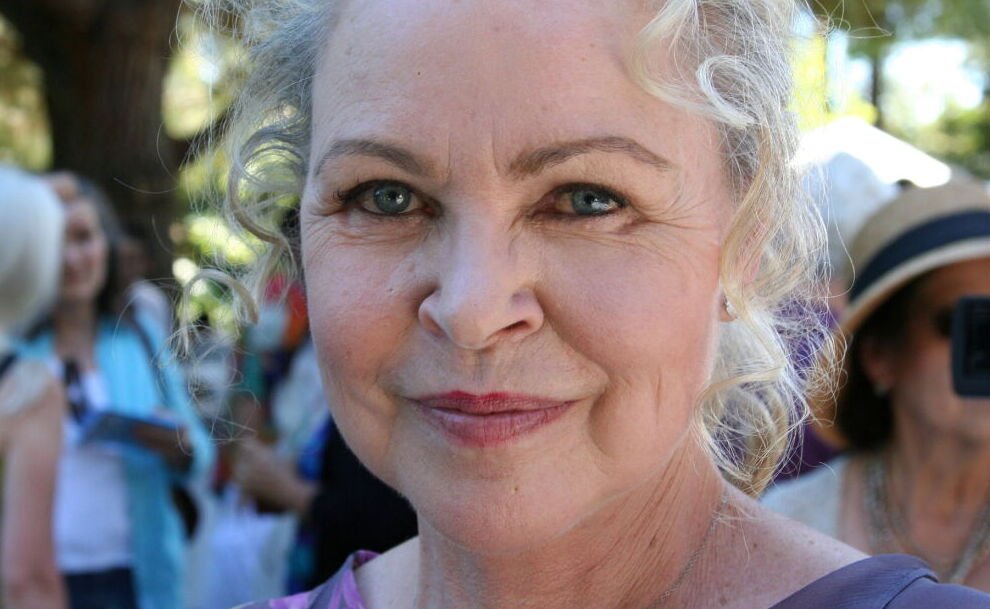Early Life and Background
Hancock County, rich in southern history, was where Robert S. Burch was born in 1814. His childhood was a blend of southern charm and 19th-century rural hardships. His career and opinions were shaped by this background. Alexander H. Stephens, the Confederate Vice President, was Burch’s classmate and buddy. Burch was exposed to influential circles and intellectual discussions early in his youth.
Professional Endeavors
Diversity and ambition defined Burch’s career. Lawyering was a respected career that demanded respect and gave him social power. Land speculation, a frequent hobby of ambitious men of his time, supplemented his law practice. This venture showed his business ability and willingness to take calculated risks for financial success and advancement.

Personal Life
Robert S. Burch had a strong personal life built on relationships and family. After marrying Marthena “Nancy” Rhea, they had three children. His personal life implies he valued family and stability. His life and career were certainly shaped by these relationships.
Commitment to Community and Heritage
Robert S. Burch, Jr. launched the Sema Hadithi African American Heritage and Culture Foundation in August 2020. This nonprofit studies and preserves African American history and culture. Though named after him, the foundation symbolizes the family’s devotion to cultural preservation and community engagement. It shows how Robert S. Burch’s descendants honor and study African American ancestry.

Notable Relationships
Robert S. Burch’s marriage to Michelle Phillips of The Mamas & the Papas was well-publicized. Given Phillips’ fame, their 1978–1982 marriage was significant. This marriage gave Burch national attention and helped him traverse social circles outside his career and personal networks.
Legacy and Influence
Robert S. Burch had a successful career, personal relationships, and community involvement. His legacy lives on through the Sema Hadithi African American Heritage and Culture Foundation, which uncovers and promotes African American histories. This continued engagement and devotion shows Burch’s principles’ impact on future generations.














